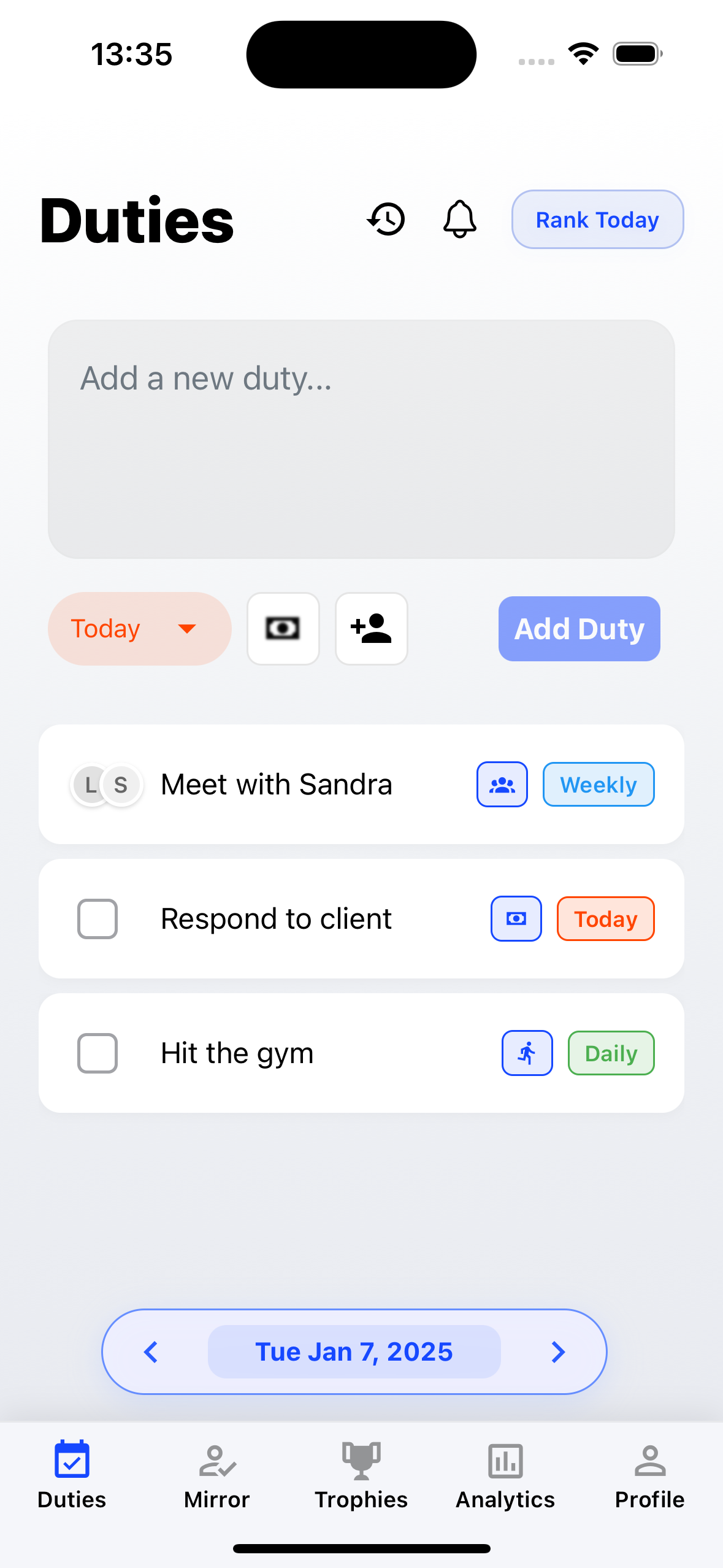To Improve Your Mind You Must Enter Chaos
The Great Emotional Misunderstanding
Contrary to conventional wisdom, emotions aren't necessarily the enemy. Yes, they can be chaotic, unpredictable, and even painful at times, but they are also powerful tools for understanding ourselves and navigating our world. Research by Harvard psychologist Daniel Gilbert reveals that emotions significantly influence our decision-making processes. However, the problem occurs when we let our emotions control us instead of the other way around.
Emotional discipline isn't about suppressing feelings. It's about understanding them, acknowledging their presence, and directing their energy towards productive outlets. It's about turning emotional chaos into emotional intelligence.
No More Emotional Hijackings
Just like a rogue wave can capsize a ship, unchecked emotions can derail your life. Psychologist Daniel Goleman coined the term "emotional hijacking" to describe these instances when intense emotions overpower rational thought.
But here’s the kicker - you can unlearn this automatic response. According to a study published in the Journal of Neuroscience, you can train your brain to manage emotional reactions better through practices like mindfulness and cognitive-behavioral therapy. It takes practice and patience—there's no magic switch—but it’s worth every ounce of effort.
The Power of Emotional Detox
Have you ever considered going on an emotional detox? Sounds odd right? Just like a physical detox helps rid your body of harmful substances, an emotional detox helps you cleanse yourself of negative feelings and limiting beliefs.
Letting go of grudges, forgiving past wrongs, accepting failures - these are all part of the detox process. A study in the Journal of Behavioral Medicine found that forgiveness can reduce stress levels and improve mental health. While it's not easy to let go of past hurts or failures, the relief and freedom that come are priceless.
The Art of Emotional Resilience
When life gives you lemons, emotional resilience helps you make lemonade. It's about bouncing back from adversities and maintaining your equilibrium under stressful situations.
According to a study by the American Psychological Association, emotional resilience can be built and improved over time. It involves developing positive self-talk, maintaining an optimistic outlook, and practicing good self-care.
Remember, emotional discipline isn't about being emotionless—it's about mastering your feelings, using them to grow stronger and wiser. It's a tough journey, but the rewards are immense.
No more emotional roller coasters. No more being a puppet to your feelings. It's time to take the wheel and steer your life towards your desired destination—through the rocky roads, the smooth highways, and everything in between.
